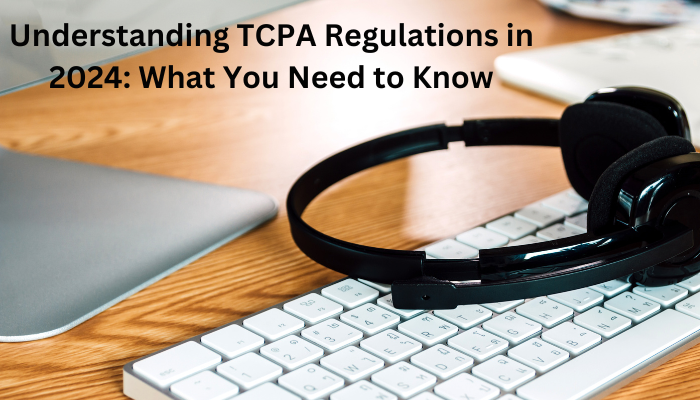
Understanding TCPA Regulations in 2024: What You Need to Know
March 20, 2024 Comment off
In the ever-evolving landscape of digital communication, the Telephone Consumer Protection Act (TCPA) remains a cornerstone regulation, safeguarding consumers from unsolicited outbound calls and messages. As we navigate through 2024, understanding the nuances of TCPA regulations is more crucial than ever for businesses aiming to engage with their audience without crossing legal boundaries. This article offers a deep dive into the TCPA, highlighting its implications for businesses and outlining best practices for compliance.
The Evolution of TCPA Regulations
Originally enacted in 1991, the TCPA was designed to protect consumers from unwanted telemarketing calls. Over the years, the scope of the act has expanded to include text messages and automated calls, adapting to the changing dynamics of communication technology. In 2024, the TCPA regulations have been further refined to address the complexities of modern communication channels, making it imperative for businesses to stay informed and compliant.
Key Provisions of the TCPA in 2024
The TCPA sets forth several key provisions that businesses must adhere to when making outbound calls or sending messages:
- Prior Express Consent: Businesses must obtain prior express consent from individuals before making automated calls or sending texts for marketing purposes. This consent must be clear and documented, indicating that the individual agrees to receive such communications.
- Do Not Call (DNC) Compliance: The TCPA mandates adherence to the National Do Not Call Registry, prohibiting calls to individuals listed on the registry for telemarketing purposes.
- Caller Identification: The act requires callers to provide their name, the name of the entity on whose behalf the call is being made, and a telephone number or address where the caller can be reached.
- Opt-Out Mechanisms: Businesses must provide an easy and accessible way for recipients to opt-out of future communications during each contact attempt.
Implications for Businesses
The implications of TCPA regulations for businesses are significant, with potential legal and financial repercussions for non-compliance. Violations of the TCPA can result in hefty fines, ranging from $500 to $1,500 per incident, depending on the nature of the violation. Moreover, the act allows consumers to file lawsuits against companies for unsolicited communications, leading to potential class-action litigation.
To navigate these regulations successfully, businesses must implement comprehensive compliance strategies. This includes maintaining up-to-date records of consent, regularly scrubbing contact lists against the DNC registry, and ensuring that all communication channels provide clear opt-out options.
Best Practices for TCPA Compliance in 2024
- Document Consent: Implement robust systems to document and store evidence of consumer consent for outbound communications.
- Train Your Team: Ensure that all team members involved in outbound calling are trained on TCPA regulations and understand the importance of compliance.
- Leverage Technology: Utilize technology solutions that automate compliance checks, such as DNC list scrubbing and consent verification.
- Review and Update Policies: Regularly review and update your communication policies to reflect the latest TCPA guidelines and rulings.
As businesses continue to leverage outbound calls and messages to engage with their audience, understanding and adhering to TCPA regulations is paramount. The landscape of digital communication is constantly changing, and with it, the nuances of legal compliance. By staying informed about the latest developments in TCPA regulations and implementing best practices for compliance, businesses can navigate the complexities of consumer protection laws while effectively reaching their target audience.